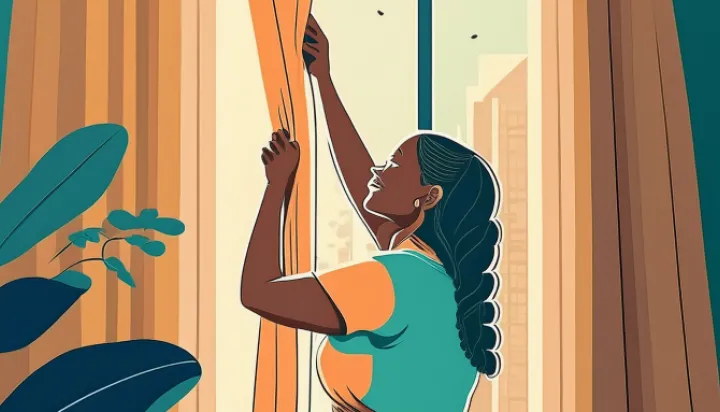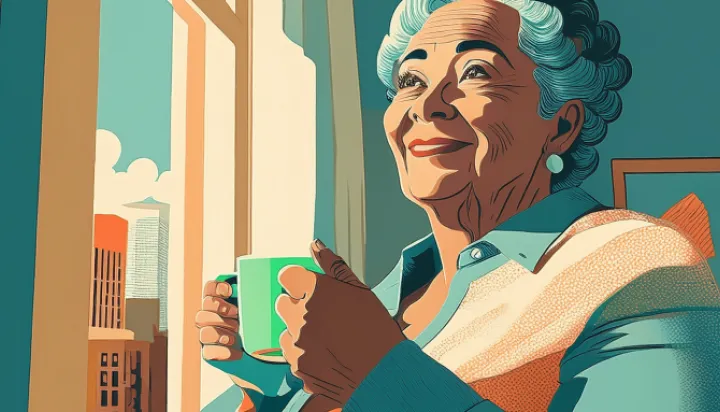Los Angeles County’s New Heat Rule and How It Can Protect You
For Tenants
Nobody should have to sweat it out at home. The new heat ordinance requires rental dwellings to be able to stay at or below 82°F. This will help tenants stay cool and healthy during the hottest months.






